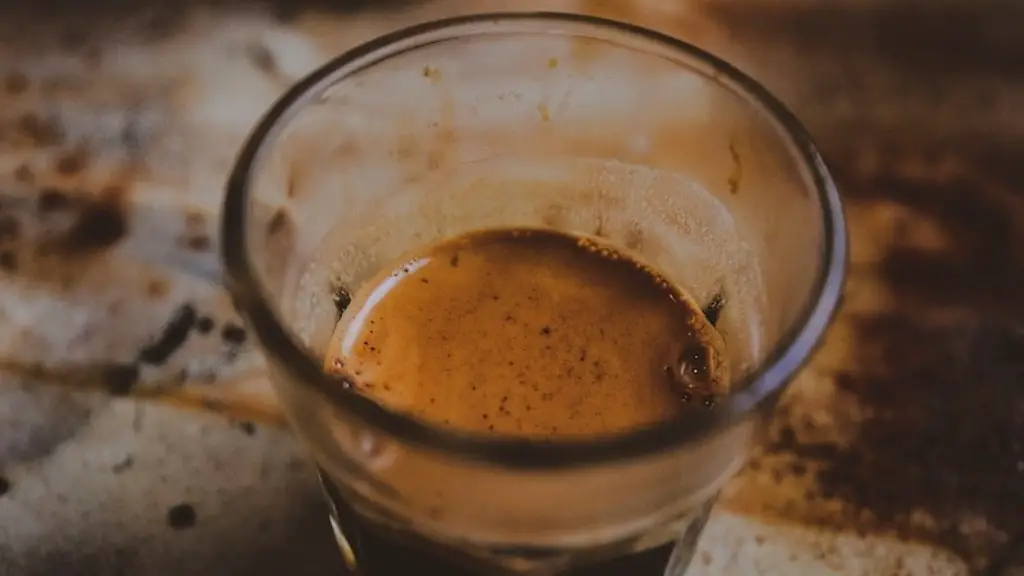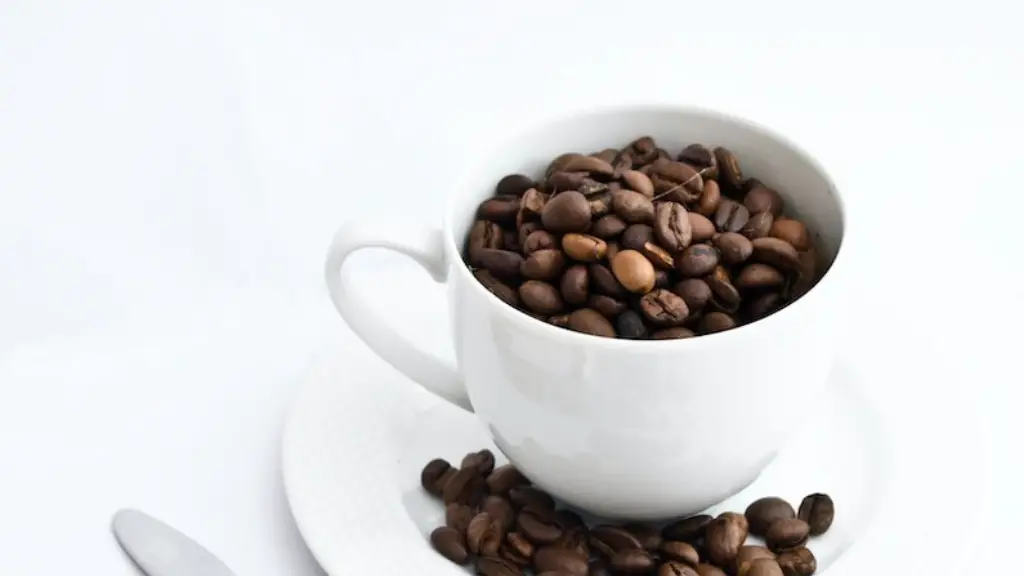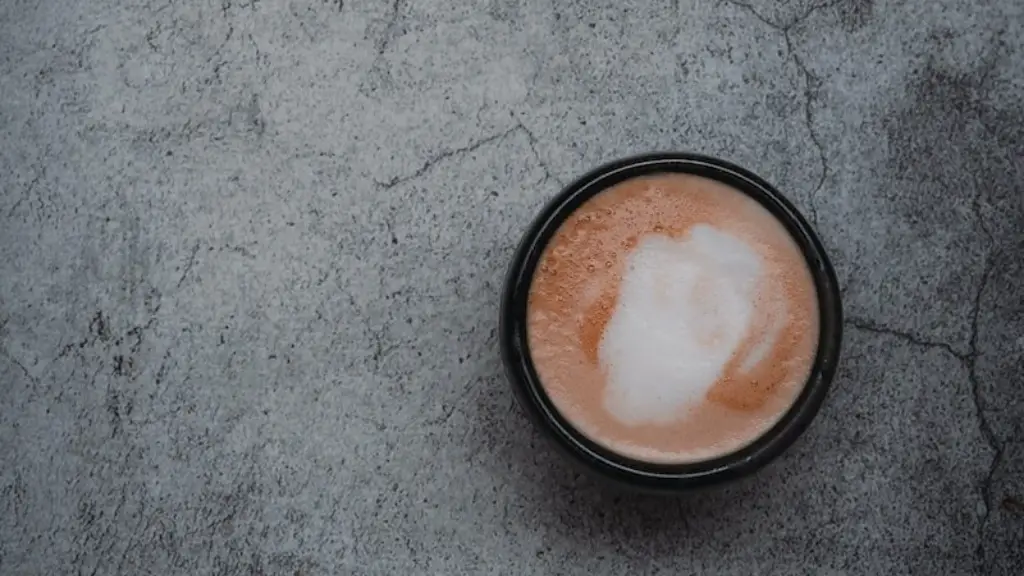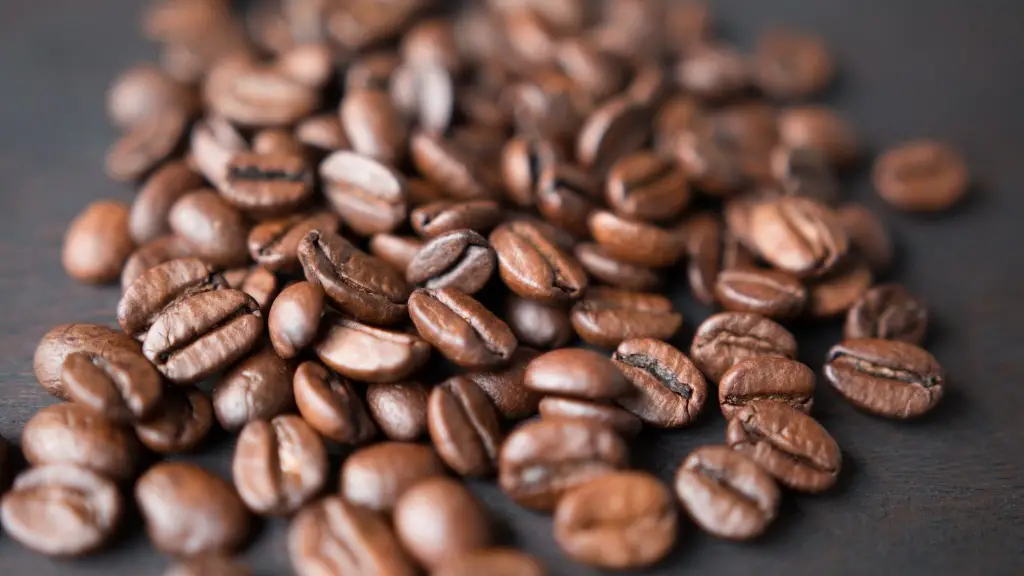Feeling the urge for coffee after a tooth extraction? You may think that it’s okay to sip a cup of Joe after a dental procedure, but it’s better to check with your dentist before you do so. Intake of fluids over a specific time frame following a tooth extraction is subject to the chances of dry socket or infection, and the dentist is the best judge of such tasks. If a dentist has approved coffee after a tooth extraction, delaying it would be an ideal way to let the healing process take its course and as best practice, any hot beverages should be considered off limits until your gums have healed.
A tooth extraction is a surgical procedure that involves removing the entire tooth and a portion of the tooth root. In this procedure, the gum tissue is punctured which causes the area to bleed. After a tooth extraction, there will be two main concerns:1) the danger of infection and 2) the possibility of a blood clot forming in the empty socket. After a tooth extraction, your dentist will most likely prescribe an antibiotic to promote healing and reduce the chances of infection.
So, when can you drink coffee after a tooth extraction? It is generally recommended that you wait for at least 24 hours before drinking coffee, or any hot liquids. After the 24-hour mark, warm coffee should be okay, provided that it is not too hot and no additional sugar or flavorings are added. This helps to prevent dry socket, a condition that can develop after a tooth extraction if a blood clot or any other piece of food is able to dislodge from the socket, exposing the bone and nerve beneath. Dry socket can slow down the healing process and prolong any discomfort you may feel.
Drinking coffee after a tooth extraction depends on the severity of the extraction and how well it has healed. If there is any lingering pain or swelling, even after 24 hours, then it is better to wait a bit longer before having a cup of coffee, as the heat and caffeine may aggravate the existing condition. According to experts, you should wait until your dentist has given the all-clear before consuming hot liquids, including coffee.
An important note to remember is to stick with cold beverages until the healing process is complete. We know that milk is one of the best beverages for healing, since it is filled with calcium and vitamins that can help promote healing. Avoiding hard foods and using a soft or liquid diet, not only for the first few days after the extraction, then transitioning to solids as time passes, can help the healing process and reduce the risk of a dry socket or infection from occurring.
Proper Oral Hygeine Post Extraction
Good oral hygiene is a must after an extraction – continue brushing and flossing twice and day and use a mouth rinse if necessary. If your dentist gives you a special rinse, make sure to use it as directed. This will help reduce the risk of infection and eliminate any food particles or plaque that has formed around the area.
After the extraction, your dentist may also ask you to use a pill or gargle containing chlorhexidine (an antiseptic) or to use other specific oral rinses to reduce the risk of infection. With proper and timely oral care, you can reduce the risk of post-extraction complications.
Pain Management After Extraction
It is important to give your gums and teeth some time to rest after an extraction and to take proper medications and painkillers, as prescribed by your surgeon. Instead of relying solely on painkillers, an ice pack, wrapped in a cloth and applied directly to your cheek can help reduce the swelling and pain during the first 24 hours after the procedure – only use the ice pack for a maximum of 20 minutes at a time.
If you experience a severe amount of pain, especially if the pain does not go away after the first day, it is best to get it checked out by the dentist. They may suggest medications or supplements, such as Arnica Montana or Vitamin E capsules, to help with the pain and reduce any stiffness that may occur.
Signs of Complication
Certain symptoms should not be ignored and may indicate potential complications. These can include: prolonged bleeding, Redness, excessive swelling, persistent pain, fever, and smell or taste of pus in the mouth or from the mouth.
If you experience any of these symptoms after a tooth extraction, it may be best to seek medical care as soon as possible. Your dentist can provide quick treatments or proper medications that can help with the healing process and reduce the risk of infection.
Conclusion
Regardless of the circumstances of your extraction, sipping coffee soon after may not be the best idea, as the warmth of the beverage and the caffeine found within can cause irritation or other complications. Taking extra precautions like sticking with lukewarm beverages, brushing and flossing properly and waiting at least 24 hours before having coffee can make all the difference.



